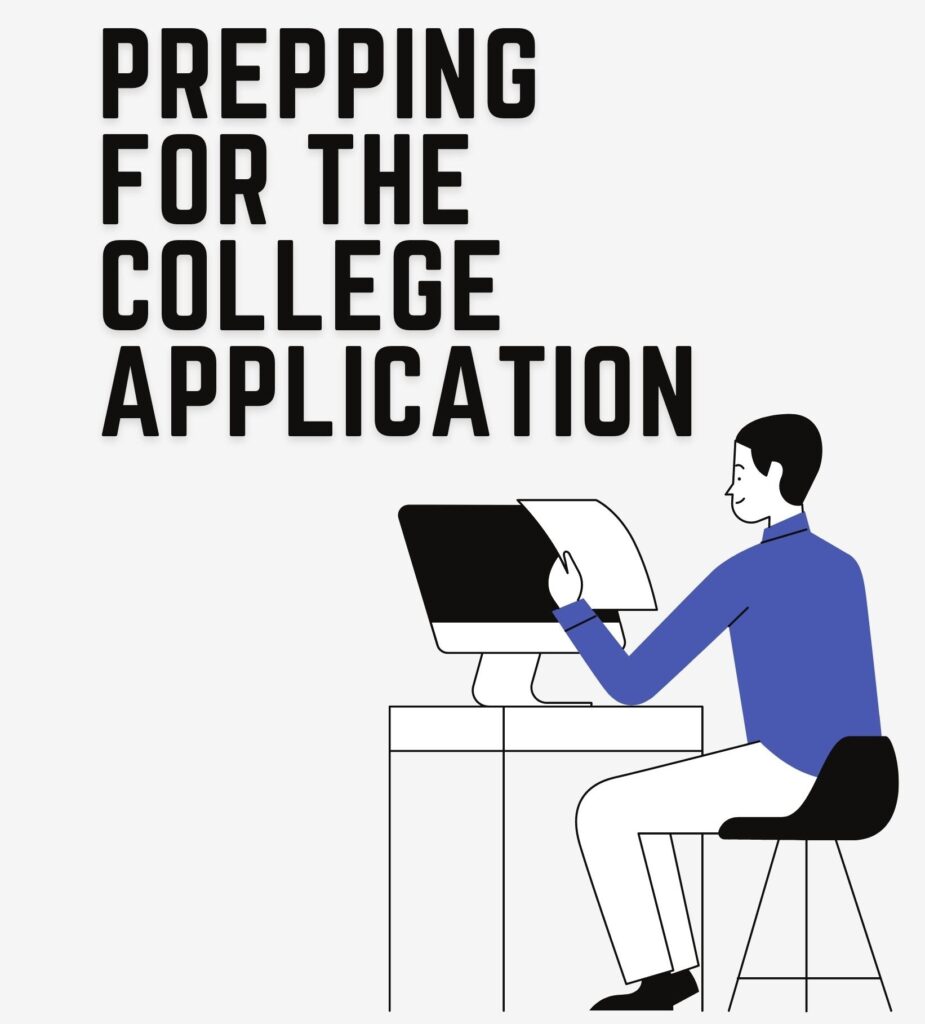 Most parents feel their student’s smartphone is an extra appendage. Your student’s entire life is on their phone. They use it to stay in touch with friends (and you if you’re lucky), they use it for homework, for research, for gaming and just about every other task in their lives.
Most parents feel their student’s smartphone is an extra appendage. Your student’s entire life is on their phone. They use it to stay in touch with friends (and you if you’re lucky), they use it for homework, for research, for gaming and just about every other task in their lives.
Why not add some beneficial tasks that can help with college prep and even safety? Here are some of my picks for apps that can help your student be more productive and even ease your mind a bit.
Apps to help with writing and research
What high school student doesn’t need to know how to properly annotate a reference source, find a synonym for simple words to spice up their essays, or do some research for term papers?
Apps to help your student with history
Whether you need to reference an article of the Constitution, find out what happened today 100 years ago, or look up some famous speeches, here are some apps that have got you covered.
Apps to help with math questions
Does math homework make you quake in your shoes? It did me. Unfortunately, we didn’t have the widespread availability of apps that today’s high school students have. These apps should help both you and your student tackle those complicated math problems.
Apps to help your student improve their GPA
Instead of study apps, let’s call these “10 apps to help you get merit-aid scholarships”. Improving your GPA is the best way to qualify for merit aid, and the best way to improve your GPA is to study.
Apps to help with the college essay
One of the most dreaded tasks of the college prep process is writing the essay. Students have problems with essay prompts, being creative, and using proper grammar. As luck would have it, however, there are even essay apps to help with this task.
Apps to help with test prep
A good SAT or ACT score can translate into good merit aid. Your student should take studying seriously. These apps can help make it easier and they are FREE!
Apps to help teach your student about budgeting
A good budgeting app can help college students keep track of their finances and help them find areas where they can cut back. Most budgeting apps can cover the basics—this article will provide you with five budgeting apps that stand out from the crowd and explain how they can help keep a college student’s budget in order.
Apps to help students in critical situations
These apps can help students act during critical situations to go along with the conversations you should have with your soon-to-be college students. These apps won’t solve the problem, but they can help save a life.
For more information on apps that can help you and your student, follow this link for all the articles I’ve written in the past about apps.

 While many students are busy packing their bags and getting ready to leave for their first year at college, still others are working on their applications for the next round of admissions. Of course, if your child fits the latter category, it’s likely that they already have a college in mind that they wish to attend. Happily, by reading the post below you can find out about the tactics that will help them get into their first choice. Keep reading to discover more.
While many students are busy packing their bags and getting ready to leave for their first year at college, still others are working on their applications for the next round of admissions. Of course, if your child fits the latter category, it’s likely that they already have a college in mind that they wish to attend. Happily, by reading the post below you can find out about the tactics that will help them get into their first choice. Keep reading to discover more. When it comes parenting for college, this may be something that you start to think about as parents when your kids start high school. Now, for some people, this will be way too soon – because you have all of four years before they are due to go. But, when you are looking to
When it comes parenting for college, this may be something that you start to think about as parents when your kids start high school. Now, for some people, this will be way too soon – because you have all of four years before they are due to go. But, when you are looking to 

 From the time your child enters preschool, all you ever want is to provide them with the best educational experience. The more your children are able to learn in their formative years, the better equipped they are for the real world. As your child grows up in a world that is ever-changing, it is vital that you’re able to provide them with a competitive foundation to succeed. A solid education is an essential part of that foundation, which is why many parents send their children to private schools.
From the time your child enters preschool, all you ever want is to provide them with the best educational experience. The more your children are able to learn in their formative years, the better equipped they are for the real world. As your child grows up in a world that is ever-changing, it is vital that you’re able to provide them with a competitive foundation to succeed. A solid education is an essential part of that foundation, which is why many parents send their children to private schools. Join a group of parents whose students are getting college admissions letters and you’re going to hear the same conversations. Some are elated, others are confused, and many are disappointed.
Join a group of parents whose students are getting college admissions letters and you’re going to hear the same conversations. Some are elated, others are confused, and many are disappointed. There are thousands of potential choices for rising seniors, hundreds of influences on the paths they take in choosing colleges for consideration. How can they best sift through it all to find the right fit for them? And perhaps even more importantly – what SHOULDN’T they do? Bob Allen, President,
There are thousands of potential choices for rising seniors, hundreds of influences on the paths they take in choosing colleges for consideration. How can they best sift through it all to find the right fit for them? And perhaps even more importantly – what SHOULDN’T they do? Bob Allen, President,  Before your student hits submit on his college application, he has work to do. Summer is a good time for juniors and seniors to start prepping and looking towards the future.
Before your student hits submit on his college application, he has work to do. Summer is a good time for juniors and seniors to start prepping and looking towards the future.
 Summer is in full swing and families are enjoying the vacation time. But if you student is a college-bound senior, there are some to-dos you should think about over the summer and add them to your family fun time. The new school year will be here before you know it and senior year is a busy time for high school students. Everything you can accomplish over the summer will mean one less activity for senior year.
Summer is in full swing and families are enjoying the vacation time. But if you student is a college-bound senior, there are some to-dos you should think about over the summer and add them to your family fun time. The new school year will be here before you know it and senior year is a busy time for high school students. Everything you can accomplish over the summer will mean one less activity for senior year.